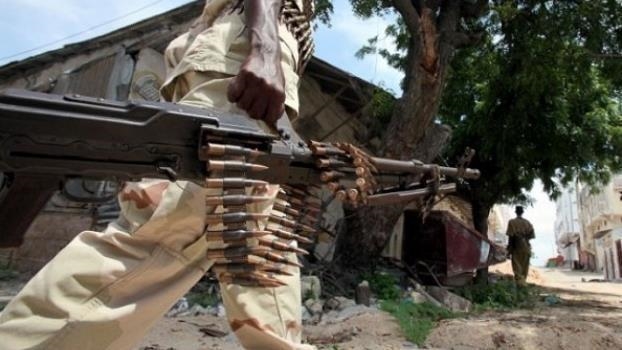Ugandan charge d'affaires denies accusations, asserts Kampala's commitment to regional stability cooperation.
The Congo's Foreign Ministry summoned Uganda's charge d'affaires, Matata Twaha, following a UN report that alleged Ugandan support for the March 23 Movement (M23) rebel group.
The report, released earlier this month, alleges that the Ugandan military is supporting the M23 -- a group active in eastern Congo that is linked to Rwanda. It said Rwandan forces have been operating alongside M23 rebels, complicating security in the region.
Deputy Foreign Minister Gracia Yamba Kazadi summoned Twaha on Friday to discuss the allegations.
Twaha denied the allegations and reiterated Uganda's commitment to regional stability and cooperation with the Congo government.
Earlier in March, the Congo recalled Rwanda's ambassador for attacks on its troops, accusing Rwanda of supporting the M23 rebels in the eastern regions of Tchanzu and Runyonyi.
Renewed M23 attacks since November 2021 have displaced thousands and heightened tensions between Rwanda and the Congo.
The Congo accuses Rwanda of trying to exploit its mineral-rich territory and of supporting the M23, a charge Rwanda denies.
The M23 is made up of Tutsis, the tribe of Rwandan President Paul Kagame. By Yasin Gungor and Ahmet Emin Donmez Anadolu Agency






